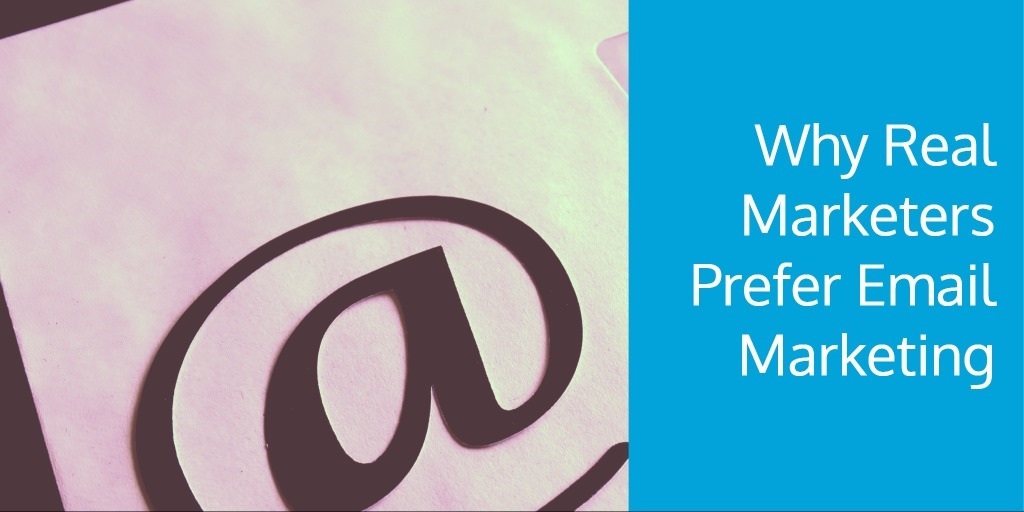Email is older than the Internet itself. The first system resembling email was MAILBOX, which was developed at the Massachusetts Institute of technology in 1965. Over the years, email technology has evolved and email providers have added a number of new features. However, the overall concept and experience remain more or less the same. A lot of new Internet technology has been released since the first email provider. Social media only became a household word over the past decade.
Today, email still stands head and shoulders above other marketing mediums.
According to a poll by Mail Munch, 60% of digital marketers believe that email marketing outperforms social media. The other 40% didn’t have a preference either way. They merely said that email and social media are different.
Marketers have made strong cases for using email over other mediums. Here are some of the key benefits.
Exceptional Engagement Rates
I am often surprised by how many people praise Facebook and Twitter as platforms to connect with their audience. Research from M&R shows that engagement on these platforms is actually very poor. Here are a couple of statistics they cited:
- Only about 6% of Facebook users notice most posts.
- Fewer than 2% of Twitter users see the content you share. Engagement on this platform is actually declining.
Emails are much more noticeable, so they are a much better way to get the attention of your followers. The average email open rate is 24.79%. It has also held steady in recent years as brands have taken new approaches to make their emails look less like spam.
Much Stronger Conversions
Getting customers to subscribe to your mailing list requires them to make a number of micro-commitments. You will also have helped guide them through various phases of the buyer decision making process. By the time that you are ready to catch a product to them, they will be much more likely to convert than they would if you reach them directly over social media.
According to a study, email conversion rates are about 40 times as high as those on Facebook and Twitter.
“If you’re wondering why marketers seem intent on e-mailing you more and more, there’s a simple explanation: it works. E-mail remains a significantly more effective way to acquire customers than social media—nearly 40 times that of Facebook and Twitter combined (exhibit). That’s because 91 percent of all US consumers still use e-mail daily,1 and the rate at which e-mails prompt purchases is not only estimated to be at least three times that of social media, but the average order value is also 17 percent higher,”
— Why marketers should keep sending you e-mails, by Nora Aufreiter, Julien Boudet, and Vivian Weng
Most Social Media Strategies Depend On Email
On its own, social media is rarely effective for marketing. It is a form of interruption marketing, so it is very difficult to convert customers simply by referring them to your website.
Almost every marketing strategy that relies on social media also incorporates email it to the sales funnel. Marketers typically refer customers to a squeeze page to coax them into subscribing to an email list. They usually offer some incentive based on their demographic information from social media.
Drip Campaigns To Improve Email Marketing
Running a successful email marketing campaign can take a substantial investment of time and resources. Here are some things that marketers need to contend with:
- Many people are more cautious about opening email after receiving lots of spam messages over the last couple of years. Christy Martin of Thrive Marketing reports that the spam phenomenon has led to an erosion of customer trust.
- Social media has changed the way customers engage with email. They have grown accustomed to reading clickbait headlines on Facebook after following brands such as Buzzfeed. Marketers will need to optimize their messages accordingly.
- Rebranding can complicate email marketing strategies. Many brands must update their lists to reflect changing demographics. As they venture into new markets, their existing subscriber base may not be interested in their new brand.
Fortunately, there are a number of ways that brands are working around these issues. One of the biggest is using “drip campaigns” to engage with their email subscribers.
Drip campaigns are automated marketing strategies, where emails are sent out at scheduled times and paced at certain intervals. According to HubSpot’s Ryan Buckley, drip campaigns are highly effective. In fact, the open rate for many drip email campaigns is over 40%. This is over 80% higher than traditional email marketing strategies. One HubSpot case study found that the open rate was 61.8%!
The email open rate obviously isn’t the only benefit. Conversion rates are also exceptional. Marketing Sherpa conducted a case study that had a conversion rate of 98%.
* Adapted lead image: Public Domain, pixabay.com via getstencil.com
The post Why Real Marketers Prefer Email Marketing appeared first on Search Engine People Blog.
(210)
Report Post






